Meeting between IUMS President and Ambassador of Belarus to Enhance Health Diplomacy

In a significant meeting held in Tehran on July 16, 2025, Dr. Nader Tavakoli, President of Iran University of Medical Sciences (IUMS), engaged with Dmitry Koltsov, the Ambassador of Belarus, to discuss strategies for advancing health diplomacy and fostering scientific collaboration. The discussions emphasized the importance of enhancing academic exchanges, including faculty and student mobility, as well as the implementation of joint projects in pharmacy, medical education, and health diplomacy.
According to the Public Relations Department of IUMS, Dr. Tavakoli highlighted the university's capabilities, stating, “Iran University of Medical Sciences is one of the three leading medical universities in Tehran, with a relatively younger history compared to Tehran and Shahid Beheshti Medical Sciences universities.”
Dr. Tavakoli noted that IUMS currently comprises 11 specialized schools, encompassing a comprehensive spectrum of medical sciences. He further elaborated on the university's achievements in the QS subject ranking system, where IUMS has attained top national standings in various disciplines, including first in nursing and midwifery, second in medicine, and first in rehabilitation and health services management. Additionally, he mentioned that the university holds the second and third ranks in pharmacy and psychiatry, respectively, reflecting the recent establishment of these schools.
Regarding the university's international standing, Dr. Tavakoli stated that, according to the Times Higher Education rankings, IUMS is positioned among the top 300 to 400 universities globally and is recognized as one of Iran's distinguished institutions. The university currently accommodates over 10,000 Iranian students, approximately 1,500 international students, and nearly 1,200 faculty members, with around 60% engaged in clinical teaching and research and 40% in basic medical sciences.
Dr. Tavakoli highlighted that IUMS operates 21 hospitals, including 11 teaching hospitals, which provide both general and specialized healthcare services to the community. He emphasized the university's leading role in the international arena, noting that it hosts the largest number of international students among Iranian medical universities and excels in research, education, and health services. Currently, about 35% of Tehran's population benefits from the services provided by IUMS.
He reiterated the university's commitment to expanding international scientific collaborations, identifying this as one of the seven strategic priorities of the institution. Dr. Tavakoli underscored the necessity of developing health diplomacy, pointing out a significant gap in the existing framework. In collaboration with the Ministry of Foreign Affairs, a specialized Ph.D. program in health diplomacy has been proposed, with admissions likely to be conducted through the Evaluation Organization's examination.
In conclusion, Dr. Tavakoli announced the expansion of IUMS's international activities, revealing that the School of Nursing will officially commence operations in Ghana in October of this year.
Belarusian Ambassador's Invitation to IUMS Students and Faculty
Ambassador Dmitry Koltsov expressed his enthusiasm for the collaboration with IUMS, noting the friendly and productive relations between the Islamic Republic of Iran and the Republic of Belarus. He emphasized that the field of medical sciences represents a vital avenue for enhancing bilateral cooperation.
Recalling the historical context of interactions between the two nations, Ambassador Koltsov mentioned the memorandum of understanding signed in 2016 between IUMS and the Belarusian University of Medical Sciences, advocating for the continuation and expansion of this partnership.
He further reported on recent discussions with the president of the Belarusian University of Medical Sciences, who also expressed support for ongoing collaboration with IUMS. Ambassador Koltsov highlighted the importance of scientific and cultural exchanges, advocating for the reciprocal exchange of professors and students. He stated that Belarusian educators would benefit from experiencing Iran's scientific and educational culture, while Iranian counterparts could gain valuable insights from their Belarusian colleagues.
Ambassador Koltsov pointed to the potential for joint initiatives at the doctoral and master's levels, including specialized training programs for young students in Belarus as part of the scientific cooperation in medical studies and research. He remarked on the strong collaborative prospects in pharmacy, noting that Iran produces approximately 95% of its required medications, which is a significant achievement. He also acknowledged Belarus's advancements in the pharmaceutical sector, emphasizing the active participation of Belarusian universities in this field.
Concluding his remarks, Ambassador Koltsov formally invited Dr. Tavakoli and IUMS faculty and students to participate in international conferences in Belarus, which he believes would substantially enhance scientific interactions and experience sharing between the two institutions. He advocated for the initiation of small-scale projects to facilitate broader collaboration, suggesting that executing several successful minor projects would be more beneficial than attempting one large-scale initiative.


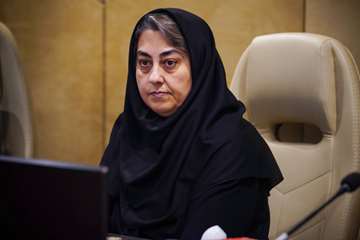
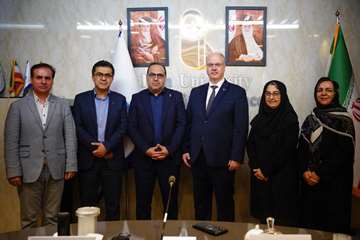
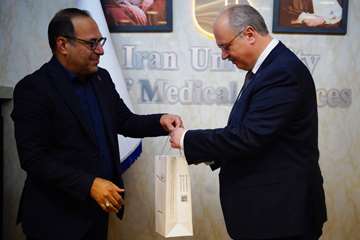
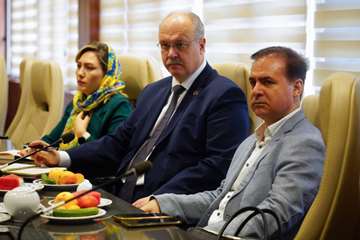
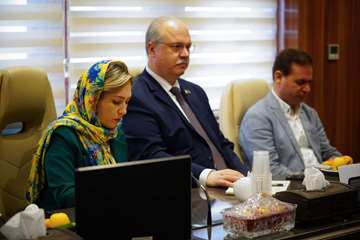
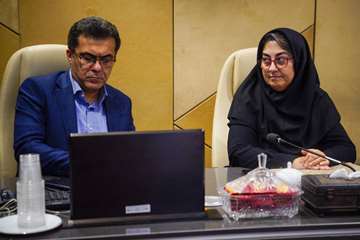
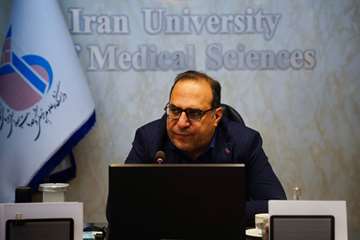
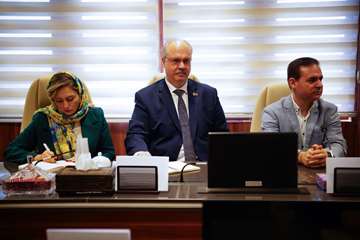
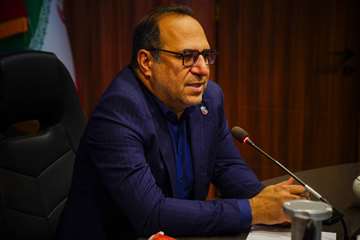
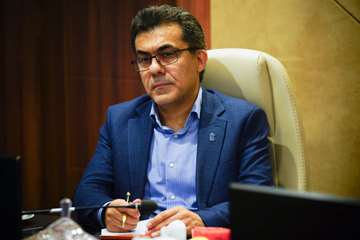
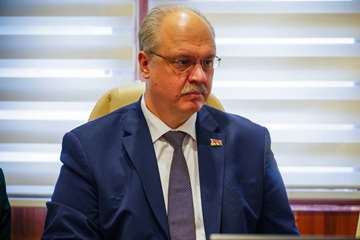
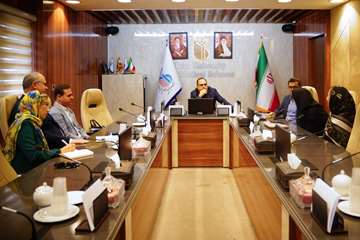
comment